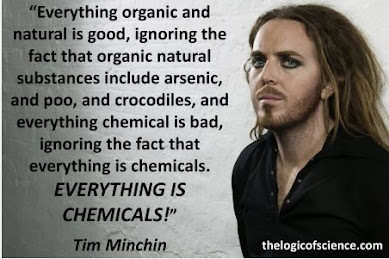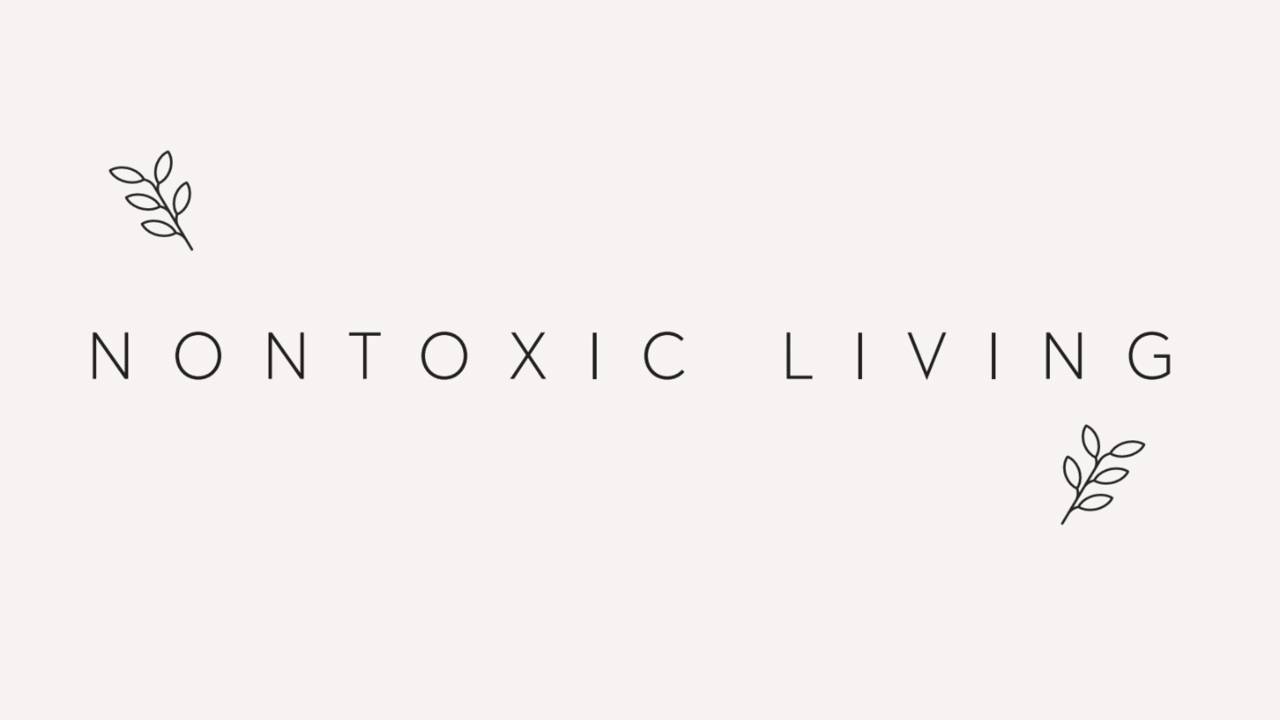In recent years, there has been a growing trend towards living a "chemical-free lifestyle," with many people striving to avoid all forms of synthetic chemicals in their daily lives. While the intention behind this trend is noble—to live a healthier, more natural life—the concept of a truly "chemical-free lifestyle" is, in reality, not only impractical but also scientifically inaccurate. This article aims to debunk the myth of a "chemical-free lifestyle" and provide a more nuanced understanding of chemicals in our environment, with specific examples relevant to India.
First and foremost, it is crucial to understand that everything around us is made up of chemicals. From the air we breathe to the water we drink, from the food we eat to the products we use, chemicals are an integral part of our everyday existence. Even our bodies are composed of complex chemical compounds that regulate our bodily functions and keep us alive.
When people talk about living a "chemical-free lifestyle," what they often mean is avoiding synthetic chemicals—those that are artificially created in laboratories. However, even natural substances, such as essential oils, plant extracts, and minerals, are chemicals. For example, neem oil, a popular natural insecticide in India, contains chemical compounds such as azadirachtin and nimbin, which give it its insect-repellent properties.
Furthermore, not all synthetic chemicals are harmful. Many synthetic chemicals play essential roles in modern life, such as pharmaceuticals that treat diseases, fertilizers that increase crop yields, and materials that make our homes more comfortable and energy-efficient. The key is to use these chemicals responsibly and in moderation, taking into account their potential risks and benefits.
In the context of India, where traditional remedies and natural products have been part of the culture for centuries, it is important to recognize that many of these remedies and products are, in fact, chemical-based. Ayurveda, for example, relies heavily on the use of herbs and minerals to treat various ailments, all of which contain chemical compounds that have specific therapeutic effects.
Rather than striving for a "chemical-free lifestyle," a more realistic and beneficial approach is to focus on reducing exposure to harmful chemicals and making informed choices about the products we use. This can include choosing organic and natural products whenever possible, reading labels to avoid harmful ingredients, and supporting companies that prioritize sustainability and transparency in their practices.
In conclusion, the concept of a "chemical-free lifestyle" is a myth that overlooks the fundamental role that chemicals play in our lives. Instead of trying to eliminate all chemicals, we should strive to understand them better, use them responsibly, and prioritize health and environmental sustainability in our choices.
#EcoFriendlyLiving #ChemicalFreeHome #ToxicFreeLifestyle #OrganicLiving #SustainableChoices #SatvicLife #BiodegradableProducts #NaturalLiving #HerbalSolutions #GreenLivingTips
















0 Comments